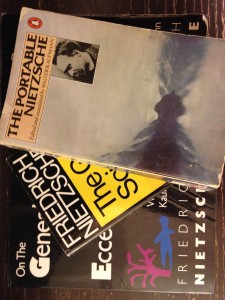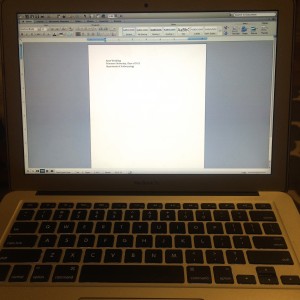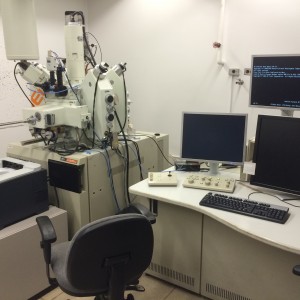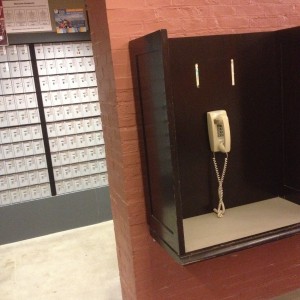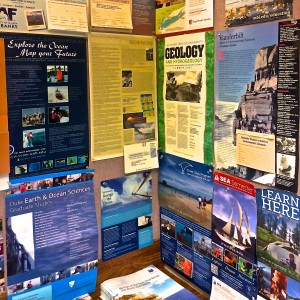
Last week, Stacey gave some great advice about productive things to do when you’re forced to pause for some part of your project, such as waiting on shipments or lab analyses. But what about the other end of the spectrum? What if you have so much to do that you feel overwhelmed and lose motivation to do any of it? Or if you’ve been working on your project for so long that you begin to lose interest?
I found myself in a similar situation a short while ago. I’m currently applying to various grad schools, and a major component of these applications is the “Statement of Interest” or “Personal Statement”, in which you basically say why you’re interested in that particular program and how your past experiences have prepared you for it. And at first, it’s exciting! You’re reading about the schools/programs/research you’re potentially going to be spending the next few years immersed in, and the whole situation is one of promise and novelty. So you’re motivated to write, and you work hard on your statements.
But then, as you start working through the second statement, then the third, then the fourth, fifth, sixth… and the school work and extracurriculars start piling on, the initial feeling of promise and novelty wears off, and the task becomes a chore, even though you know it shouldn’t be.
So how do you put your mind back on track? How do you regain the motivation you had at first? Continue reading Applications: Get (and Stay) Excited!


